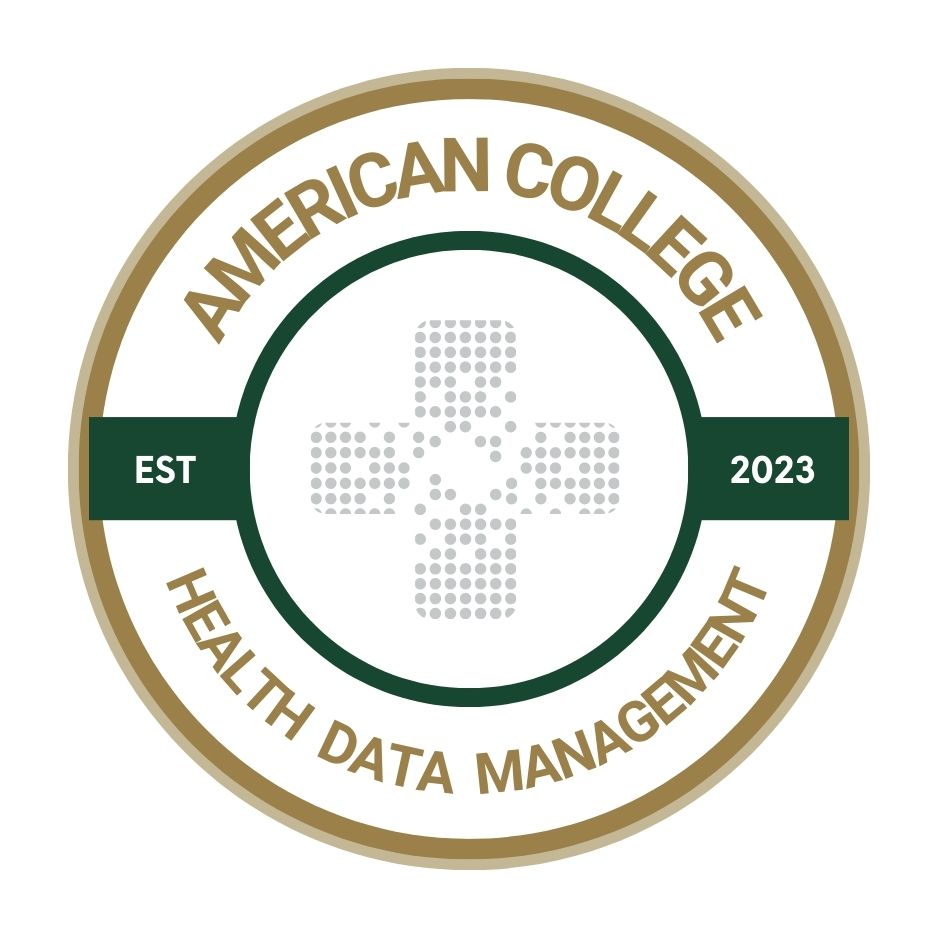Mentoring for the future: A call to action for healthcare leaders
A well-designed program is the best way to build a more representative, compassionate and forward-looking healthcare system.

In healthcare, we rightly focus on innovation, patient outcomes, operational efficiency and compliance. However, none of these matter without the people behind them. The healthcare workforce is the heart of healthcare, and the future of the industry depends on how well the next generation is supported, developed and prepared to lead.
This isn’t just the job of HR, executives or formal mentorship programs. Every leader at every level has a role to play in mentorship and succession planning. It doesn’t matter whether an executive leads five people or 500. If you influence others, you are shaping the future of healthcare.
We are facing a rapidly evolving landscape which includes a retiring generation of healthcare professionals; burnout and attrition at all levels; shifting skillsets resulting from artificial intelligence, digital transformation and interoperability demands; and increased demand for diversity, equity and inclusion in leadership.
These trends are not just workforce statistics — they are calls to action. We cannot afford to simply hope someone steps in when a leader retires or transitions. We must be intentional, proactive and inclusive in how others are mentored and prepared for leadership.
Needed adjustments
This means not just sharing knowledge, but it involves creating space for growth. It means asking, "Who will take this on one day, and how am I helping them get ready?"
It also means viewing leadership development through the lens of equity. Mentorship opens doors, and when it’s done intentionally, it helps elevate voices that might otherwise go unheard. It’s how a more representative, compassionate and forward-looking healthcare system is created.
Here are five practical steps that healthcare leaders can take to take a proactive approach to mentorship.
Identify potential early. Don’t just wait for someone to ask for mentorship. Look for those who show passion, commitment and a willingness to learn. Potential often hides in plain sight.
Initiate career conversations. Ask people where they want to go in their careers and listen without judgment. Many emerging leaders just need someone to believe in them and help them visualize what’s possible.
Create stretch opportunities. Let your team members give presentations to leadership, co-lead projects or shadow executivs in meetings. These experiences build confidence and expand their understanding of the organization.
Model transparency and share lessons. Talk openly about your own journey — your mistakes, your mentors and what you’ve learned. Vulnerability makes leadership more accessible and helps mentees navigate their own path.
Institutionalize mentoring and succession planning. Make this a standing agenda item at team meetings, performance reviews and strategic planning sessions. Build systems, not just one-off efforts.
The future of healthcare depends on how intentionally we develop our people. Let’s ensure we aren’t just reacting to gaps; rather, we must prepare for what’s next. We owe it to our teams, our patients and our mission to lead with foresight and generosity.
Sepideh (Sepi) Browning FHIMSS, FACHE, CHCIO, eFACHDM, MHA/MPH, PMP, CHISL, is director of technology for Piedmont and is the founder of Brighthour Foundation.
